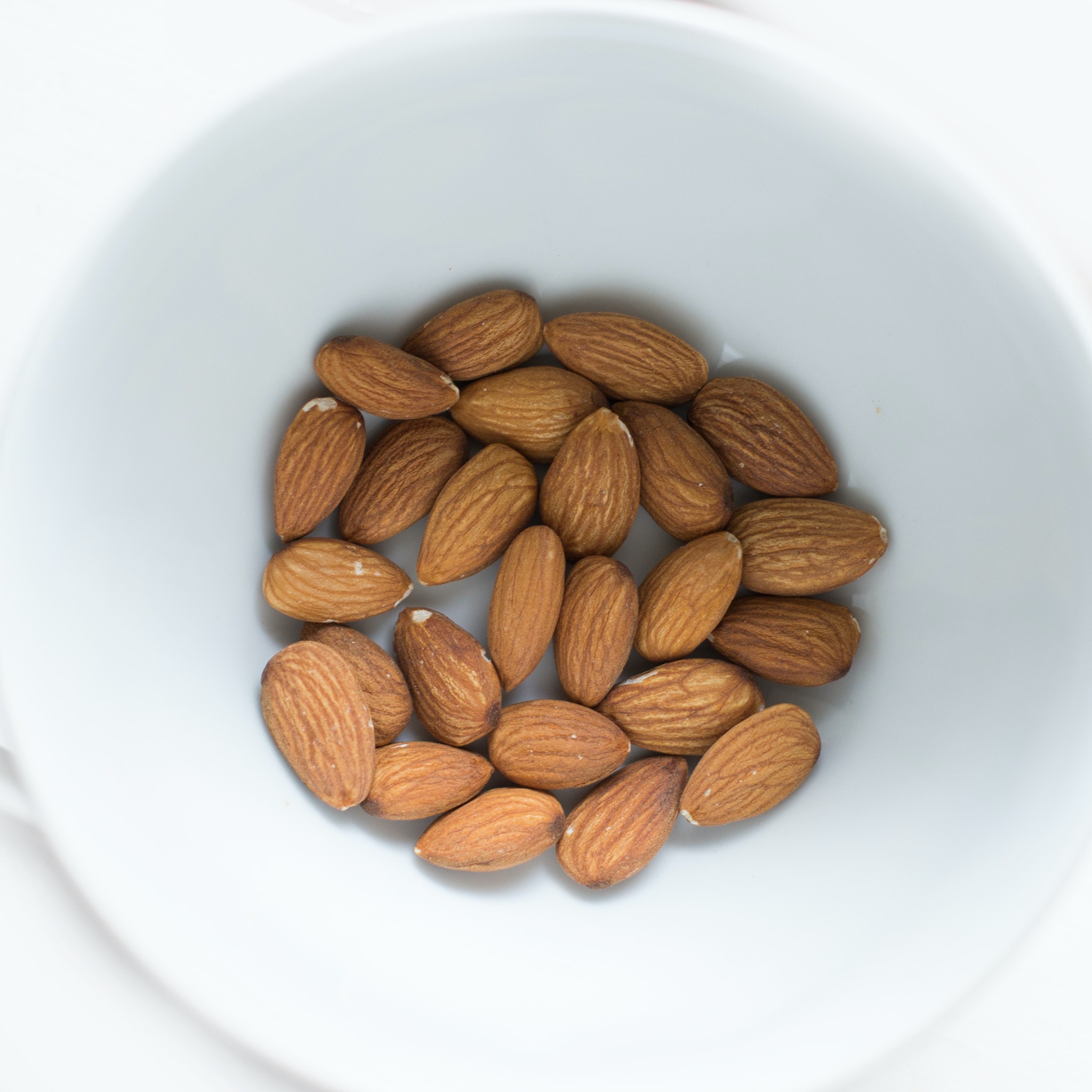Maintaining a healthy weight is about more than just your appearance. Being overweight or obese is associated with a wide range of health issues, including a higher risk of developing heart disease, certain types of cancers, type 2 diabetes, and osteoarthritis. In an attempt to control your weight, you may be enticed to skip meals to reduce your daily caloric intake. However, skipping meals might not be the best option when it comes to your weight loss journey.

What Happens to Your Body When You Skip Meals
The idea is pretty simple; taking in fewer calories than you burn allows you to drop pounds. In this respect, skipping meals (which is sometimes referred to as intermittent fasting) just makes good sense. Eating less means fewer calories, which in turn means lower weight. Unfortunately, there are downsides to this practice, some of which can have a negative impact on your health:
Healthy Alternatives to Meal Skipping
The ultimate goal of any lifestyle changes you make should be to improve your health and well-being. Instead of meal skipping in an effort to lose weight, focus on eating wholesome meals three or more times a day in reasonable portions. When it comes to snacking, look for items low in calories but high in nutritional content. For example, nuts contain healthy fats as well as a good portion of protein. Even better, nuts contain a lot of fiber, which ensures you feel full after snacking.
Greek yogurt is another great selection for healthy snacking. Like nuts, Greek yogurt contains plenty of protein. It's also a great source of calcium, which is essential for healthy bones and teeth. For even greater benefits, add berries or other fruit to your Greek yogurt.
If you're a fan of salty snacks like potato chips, consider incorporating kale chips into your diet routine. Kale is a popular superfood brimming with antioxidants, which prevent damage on a cellular level. Kale is also a great source of fiber, as well as being rich in vitamin C.




My partner and I stumbled over here coming from a different page and thought I should check things out. I like what I see so now i’m following you. Look forward to looking at your web page repeatedly.